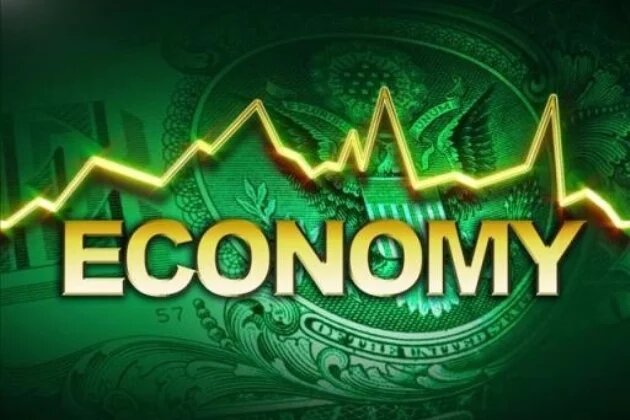
According to some data, the Georgian economy contracted 4% in the year of 2009. This year, the growth forecasted by the Georgian Government consisted of 2%. The foreign direct investment in Georgia fell to USD 658.4 million in 2009, 57.8% down from 2008's USD 1.563 billion, according to the data released by the Geostat, the Georgian statistics office.
Discussions on the state of affairs of the Georgian economy and challenges on the road to the economic recovery were the main issues discussed during the HBS public debate: “Challenges to Georgian Economy” organized on 30 July 2010. The HBS invited the following experts as speakers to the debate:
• Revaz Sakevarishvili, Economic Expert, Director of the Econometer, the Analytical Center;
• Paata Sheshelidze, President, New Economic School of Georgia;
• David Narmania, Executive Director of the Economic and Social Institute of the Caucasus.
The debate was moderated by Levan Alexishvili, the Executive Director of the Regional TV Station Hereti.
The success of the Georgian economy mainly depends on the flow of investments in the country, underlined Revaz Sakevarishvili. Without foreign investments, the Georgian economy cannot develop despite the solid international assistance received in the aftermath of the August 2008 conflict with Russia from donors and various countries. According to him, the attractiveness of Georgia were extremely shattered following the events of August 2008 when investors’ confidence and willingness to invest in Georgia fell down substantially. There are certain achievements in certain areas of the economy, for example, the export rise during the first 5 months of this year, but the overall situation still remains difficult. The number one export product for Georgia remains metals and ores which has 17% share in the exports turnout. This number demonstrates how one product determines 17% of the potential of the economy. In case of problems in the industry, the export of the country will be substantially damaged and the Georgian economy will encounter problems. The external and internal challenges are growing every year as a result of the complicated political climate.
David Narmania criticized the lack of the economic policy in the country. According to him, - the country were not able to elaborate a concrete economic recovery plan following the crisis. The economic politics in Georgia is not consistent. The enacted regulating norms are contradictory. The role of the ministry of economy is declining. Lately, it is hard to identify a person who would have been responsible for implementing economic reforms in the country.
Paata Sheshelidze examined the main trends in the Georgian economy since the Rose Revolution. He underlined 4 periods of the Georgian economy: Fall 2003 – summer 2004, the following period until the November 2007, Post-November 2007 period lasting until the August 2008 and the period following the August 2008.
When talking on the steps to be taken in the future, Mr. Sheshelidze underlined an importance of further liberalizing the taxation system in Georgia, the need for improving the administration of the taxes and a significance of reducing the state expenditure, which in the recent years have been steadily growing. It is necessary to strengthen the mechanisms for the better protection of the property rights. An implementation of serious monetary reform should be planned, which should become the form of real economic transformation, concluded the expert.
Unfortunately, due to the staff changes in the Minister of the Economic Development, the representative of the Ministry were not able to attend the discussion.